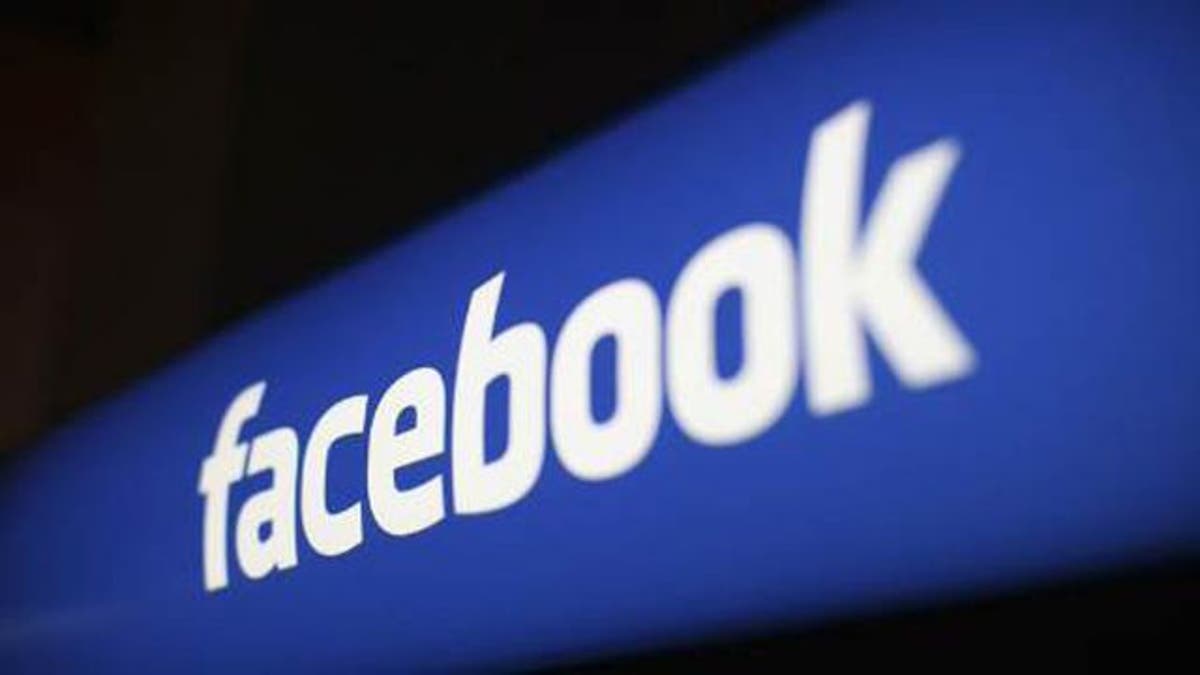
The creator of Facebook's Like button creator doesn’t "like" it much anymore.
Justin Rosenstein, an early Facebook engineer, now considers his invention as a contributor to “time poorly spent,” as he wrote in Thrive Global earlier this year.
“Designing software to create time well spent vs. merely time spent is challenging, even with the best of intentions,” Rosenstein wrote.
Rosenstein created the Facebook Like button as a result of a “hackathon” project in 2008 while still at the company.
SHERYL SANDBERG: CONGRESS SHOULD RELEASE FACEBOOK ADS TO THE PUBLIC
While he noted that the Like button succeeds at some things like drawing attention to a friend’s interests or acting as a catalyst for “positive sentiment,” it also results in gobs of “time wasted” when looking at videos that “don’t nourish your life” or are just constant distractions that are unproductive and disruptive.
This topic was recently highlighted in The Guardian, which said that smartphone use (and technology in general) is not just addictive, but it contributes to “continuous partial attention,” wreaking havoc on people’s ability to focus and potentially making them dumber.
“One recent study showed that the mere presence of smartphones damages cognitive capacity – even when the device is turned off,” the article noted.
Many of these early technologists are now “weaning themselves off their own products” and teaching their children to put down iPhones, iPads, and laptops, the Guardian added. However, the problem is large technology companies often define success as “time spent on site,” Rosenstein wrote.
Rosenstein is now co-founder of a workplace software startup, known as Asana, and is currently working on an app that seeks to address some these issues.
ZUCKERBERG BLASTED FOR VR TOUR OF HURRICANE-RAVAGED PUERTO RICO
Use versus abuse
"You need to define addiction. A lot of people just like to use the technology a lot" but aren't necessarily addicted, Nir Eyal, author of "Hooked: How to Build Habit-Forming Products," who has taught at Stanford Graduate School of Business and Design School, told Fox News.
"If you throw around this word 'addiction,' it really hurts people. It disempowers people to take control of it. 'It's not my fault, it's the technology's fault.'" Eyal said, adding if you shirk personal responsibility, you're more likely to relapse.
But companies do have a "moral imperative" to at least try to help real addicts. "We have personally identifiable information who is using and who is abusing," he said.
For example, a company could have a policy where "if you use our product more than X number of hours per week, we're going to reach out to and ask if we can help you," he said. And if they are receptive and accept the offer for help, then the company can step in, he said.
"Whining about this to a company is not going to stop anything. To whine to a company like Facabook or Google to make their product less good is a fool's errand," he added. "They are not going to change how great their products in terms of how engaging they are."
